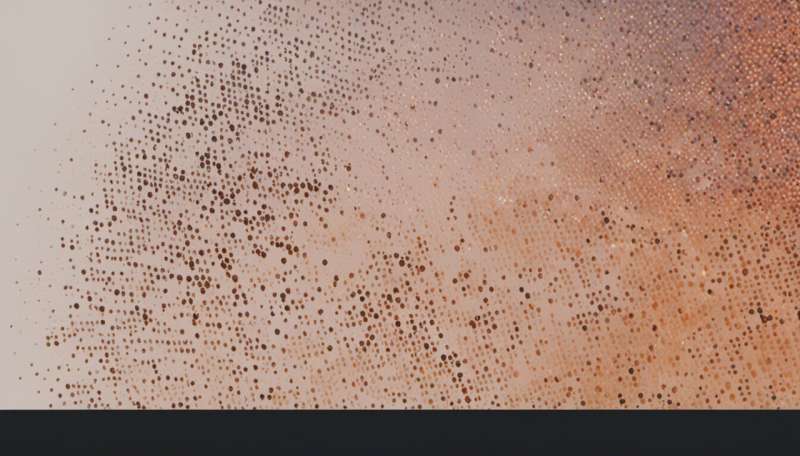Better insights into treating hepatitis C

With nearly 200 million infected people worldwide, hepatitis C virus (HCV) represents a significant public health issue. One of the most important challenges is that although the immune system seems to be responsible for much of the disease-associated morbidity, including liver cirrhosis, it is also successful at clearing viral infection for a significant number of patients.
In his European Research Council (ERC)-funded project entitled HCV_IMMUNOLOGY ('The paradoxical role of type I interferons in hepatitis C disease pathogenesis and treatment'), Dr Albert and his team are attempting to elucidate the complex interplay between HCV and the host's immune response from the perspective of type I interferons (IFNs) and IFN-induced gene products.
The project is aimed primarily at developing more effective treatments. Indeed, the team has already formulated a better approach to predicting whether patients will respond to a particular therapy.
Prior to HCV_IMMUNOLOGY, Dr Albert had spent several years working at the French National Institute of Health and Medical Research, developing partnerships with clinicians and epidemiologists in France, Egypt and the United States. This gave him a clearer insight into the way the disease develops and the immune response responds in both acute and chronic HCV infection.
IFNs are proteins made and released by host cells in response to the presence of pathogens such as viruses, bacteria, parasites or tumour cells. They allow communication between cells and trigger the immune system's protective defences.
HCV_IMMUNOLOGY research is divided into three strands. First, the role of endogenously produced IFNs in the clearance of HCV during acute infection is examined in patient samples. The paradoxical role these endogenous IFNs play in making chronically infected patients resistant to exogenous IFN therapy is being investigated.
Secondly, Dr Albert is working to characterise the effect of IFN and IFN-induced gene products on the indirect activation of HCV-reactive CD8+ T cells by a mechanism called cross-priming.
Finally, mouse models are being used determine the in vivo pro- and counter-inflammatory effects of IFN and IFN-induced gene products and disease pathogenesis.
Dr Albert believes his team's work will contribute to a deeper understanding of HCV disease pathogenesis, and lead to the development of new diagnostic tools and better therapeutic strategies.
The team has already discovered biomarkers predictive of viral clearance. This could help clinicians to identify, before treatment, which individuals will respond to IFN-based therapy.
Dr Albert received a European Research Council (ERC) Starting grant of around EUR 1.1 million. The project ends in June 2014.
More information: cordis.europa.eu/projects/rcn/89072_en.html

















